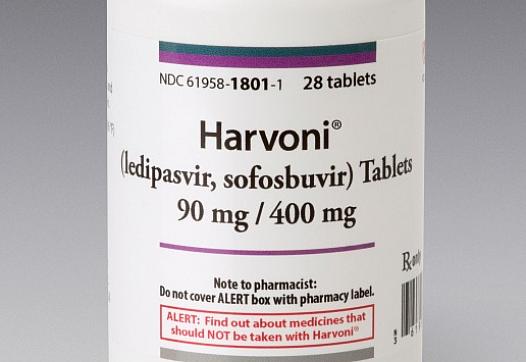
This story was produced as a project for the California Health Journalism Fellowship, a program of the Center for Health Journalism at the USC Annenberg School for Communication and Journalism.

This story was produced as a project for the California Health Journalism Fellowship, a program of the Center for Health Journalism at the USC Annenberg School for Communication and Journalism.

A long-deferred attempt to reform mental health care advanced out a House committee this week. Here's a look at how the bill seeks to change "the nation's broken mental health system," and some of the coverage to date.

This story was produced by Joseph Geha as part of his participation in the California Health Journalism Fellowship, a program of the Center for Health Journalism at USC’s Annenberg School of Journalism.

Comparing HIV-prevention efforts in three California counties reveals the complexities involved in trying to stop the spread of HIV and AIDS once and for all.

Our ability to pinpoint the causes behind the big increases in drug overdose deaths in recent years rest largely on one lowly piece of paperwork: the death certificate.

Calif.’s revised eligibility rules for new hep C drugs appear to be easing Medicaid patients’ access to the medications, yet the vast majority of Medicaid patients with hep C still aren't getting the costly drugs, state health officials say.

For many young women in rural Eastern Uganda, access to clean water is just one of many obstacles barring educational achievement and an escape from generational poverty

New online communities are offering patients support and guidance to an extent not previously possible. That can be a huge boon for colon cancer patients, who might otherwise find themselves isolated and afraid.

When extremely expensive new hepatitis C medications arrived on the market more than two years ago, private health insurers limited access to the very sickest. Now, two new analyses say that approach is shortsighted and counterproductive.

For a reporting project on food insecurity in Native American communities, finding the data was the easy, writes Lenzy Krehbiel-Burton. But finding families willing to talk candidly about the problem was much harder.